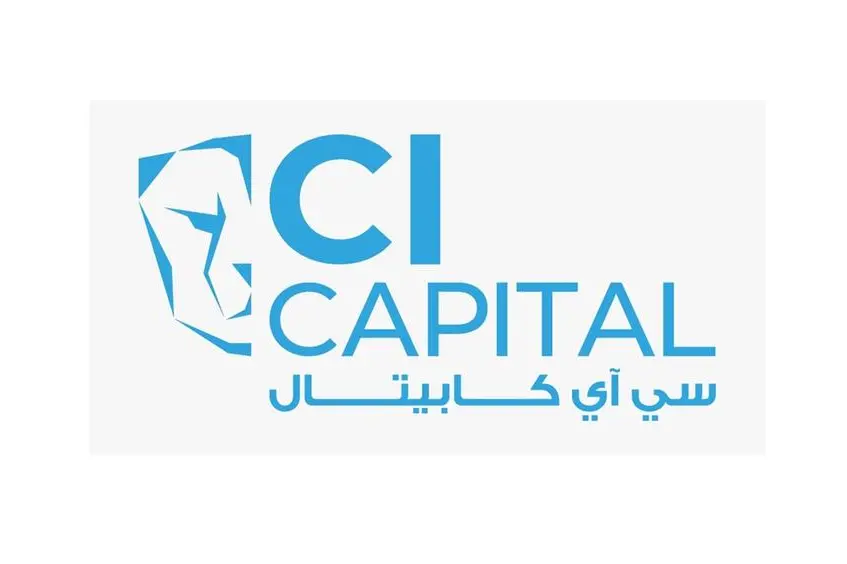Boosting Borrowing: Finance Ministry & RBI Collaborate to Expand Unified Lending Interface

Johannesburg, South Africa – In a significant move to streamline and enhance the lending process across the nation, the South African Finance Ministry and the Reserve Bank (SARB) recently convened a crucial meeting with key stakeholders. This included representatives from state governments, financial institutions, and technology providers, all focused on scaling up the Unified Lending Interface (ULI).
The ULI, a relatively new initiative, aims to create a standardised and interoperable platform for loan applications and approvals. It essentially acts as a digital bridge connecting borrowers, lenders, and credit bureaus, simplifying the process and reducing bureaucratic hurdles. Currently, applying for a loan in South Africa can be a complex and time-consuming affair, involving multiple forms, varied requirements, and lengthy processing times. The ULI seeks to address these inefficiencies.
Why the Focus on Scaling Up?
The initial rollout of the ULI has shown promising results, but its impact remains limited. The recent meeting underscored the need for a more aggressive expansion strategy. Key discussion points included:
- Increased Adoption by Financial Institutions: Encouraging more banks, microfinance institutions, and other lenders to integrate with the ULI platform is paramount. This requires addressing concerns around security, data privacy, and integration costs.
- State Government Collaboration: State governments play a vital role in disbursing loans and grants, particularly to small and medium-sized enterprises (SMEs). Ensuring seamless integration with state-level systems is crucial for wider reach.
- Technological Enhancements: The ULI needs to evolve to accommodate emerging technologies like blockchain and artificial intelligence, further enhancing security, transparency, and efficiency.
- Financial Literacy and Awareness: A successful ULI rollout also depends on borrowers understanding how to utilise the platform effectively. Public awareness campaigns and financial literacy programs are essential.
Benefits of a Fully Functional ULI
A fully scaled ULI promises a range of benefits for both borrowers and lenders:
- Faster Loan Approvals: Streamlined processes will significantly reduce the time it takes to get a loan approved.
- Reduced Costs: Automation and efficiency gains will lower the overall cost of lending.
- Increased Access to Credit: The ULI can help extend credit to underserved communities and SMEs, boosting economic growth.
- Greater Transparency: Standardised processes and data sharing will enhance transparency and reduce the risk of fraud.
- Improved Data Analytics: The ULI will generate valuable data that can be used to improve credit risk assessment and lending decisions.
The Finance Ministry and the SARB are committed to working closely with all stakeholders to ensure the successful expansion of the ULI. This collaborative effort is expected to transform the lending landscape in South Africa, fostering a more inclusive and efficient financial system. The next steps will involve pilot programs in select regions and ongoing consultations with industry experts to refine the ULI’s functionality and ensure its long-term sustainability. The goal is to create a system that benefits all South Africans, regardless of their background or location.





